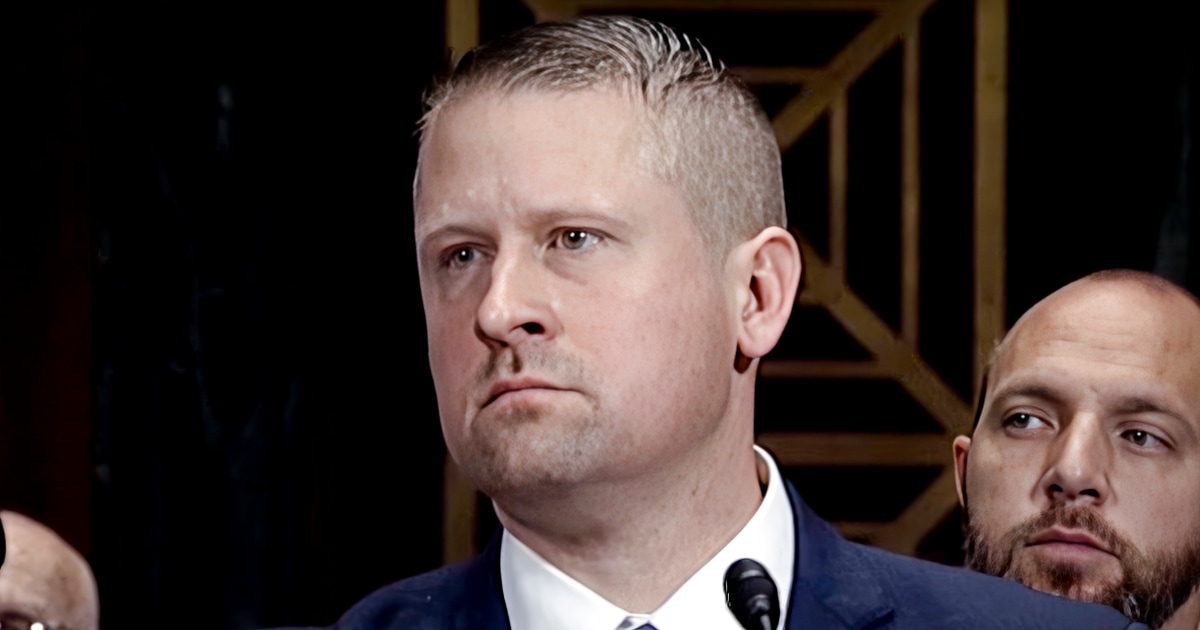WASHINGTON — When anti-abortion activists drafted a lawsuit seeking to overturn federal approval of the abortion pill mifepristone, they filed it in a court in Texas where they were guaranteed a judge who they thought would be friendly to their point of view.
That judge, Amarillo-based Matthew Kacsmaryk who was once a conservative legal activist and was appointed by former President Donald Trump, subsequently ruled in favor of the plaintiffs, prompting outcry and further litigation. The case is now before the Supreme Court.
The approach that the lawyers at the Christian conservative Alliance Defending Freedom took in that case, known as “judge-shopping,” will be harder to pull off following a policy change made Thursday by the federal judiciary.
The U.S. Judicial Conference at its biannual meeting approved a new policy that would ensure that any cases seeking to block state or federal policies in federal district courts would be assigned randomly from a larger pool of judges.
Cases like the mifepristone challenge showed how lawyers could take advantage of anomalies in how judges in the 94 federal districts are assigned cases.
While cases are assigned randomly in each district, some districts have smaller sub-divisions where in some instances there is only one judge to choose from. The Amarillo division where Kacsmaryk sits in the Northern District of Texas is one example.
That lawyers can sometimes pick the judge of their choosing has long been a concern, dating back to at least the 1990s, but the increase in nationwide injunctions being issued in recent years has renewed focus on the phenomenon.
Starting during the Obama administration and continuing through the Trump and Biden administrations it has now become a regular occurrence for an individual district court judge to freeze a nationwide policy on issues ranging from immigration to Covid-19 vaccine mandates.
During the Biden administration, many such cases have been filed in Texas.
Judge Jeffrey Sutton, who serves on the Cincinnati-based 6th U.S. Circuit Court of Appeals and is chair of the Judicial Conference’s executive committee, told reporters there were originally good reasons for having single-judge divisions.
It means that local judges could preside over local cases, he said.
But when the case is a challenge to a national or statewide policy “the stakes of the case go beyond that small town or division,” he added.
In that situation, “it makes a lot more sense” to randomly assign a judge from a larger pool, Sutton said.
The Judicial Conference said the policy “applies to cases involving state or federal laws, rules, regulations, policies, or executive branch orders.”
Judges will receive guidance on how cases should be assigned, the conference said.
The policy would not prevent lawsuits from being filed in districts where the judicial approach of the judges as a whole tilts one way or another. For example, in the Northern District of Texas, most of the judges are Republican appointees and their decisions are reviewed by the conservative-majority 5th U.S. Circuit Court of Appeals.



